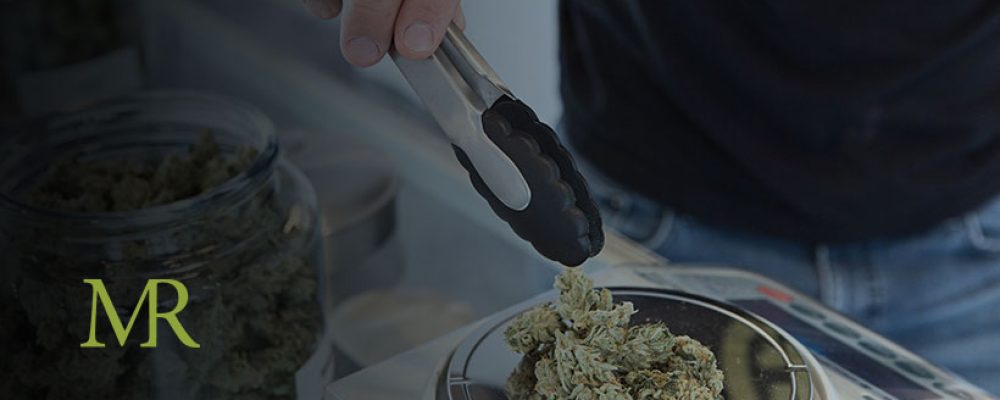If you legalize it, not only will they come, the money will flow like honey. Recently released data from the Illinois Department of Revenue and New Frontier Data shows that out of $39.2 million in adult-use recreational marijuana sales in January 2020, more than $10 million in tax dollars were generated.
The state’s first month of sales was the second-highest out of any recreational marijuana program so far. It also generated more than double the expected tax revenues predicted during the first six months of legalization by Governor JB Pritzker. Pre-legalization, Gov Pritzker anticipated $28 million in cannabis tax revenue between January 1 and the end of June 2020. Nevada can boast the number one spot in sales per capita during the first full month of cannabis legalization. Legal tax revenue in Illinois is forecast to spike to $375.5 million in 2024.
Demand quickly exceeded supply, and customers returned to dispensaries daily in hopes of a fresh influx of products. Weed aficionados were so stoked to buy legal cannabis that they willingly spent hours in line outside of dispensaries during the first week of sales. Regulators anticipate that the supply and demand will even out with the result being a price drop. In the meantime, let the good times roll.
The taxation structure works like this: using a sliding tax scale, as the THC levels go up — think concentrates and highly potent vape cartridges — so do the taxes. The funds generated are divided up between city and state accounts. This new source of tax funding can help whittle away at the state’s debt, which includes $6.2 billion in unpaid bills and $137 billion in pension debt.
The taxes generated by legal marijuana sales are designated to go into the state’s coffers. This includes funding administrative costs related to industry-related tasks. After that, 30 percent will go into the state’s general fund, 25 percent will funnel into a social-justice program (the Restore, Reinvest, and Renew Program), designed to support communities affected by the War on Drugs. Thirty percent will go toward mental health and substance-abuse programs. The remaining 10 percent will stay on the books in a reserve account, ready to tackle any unpaid bills on the state’s balance sheet.
Illinois became the 11th state to legalize recreational marijuana. The emerging industry might be a savior for the state, which is desperate for revenue and has the lowest credit rating of all 50 states. Industry experts predict that annual sales could reach $4 billion when the market matures.


